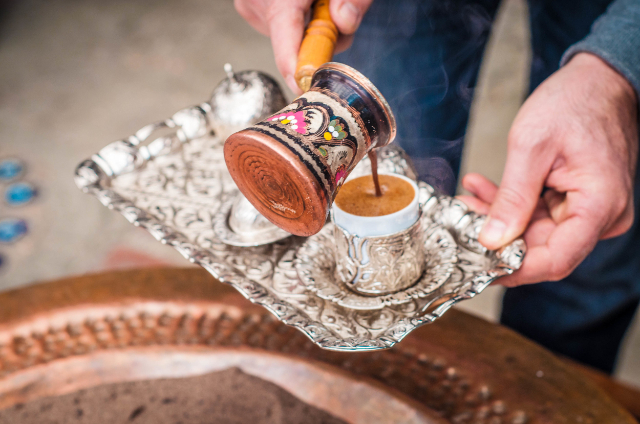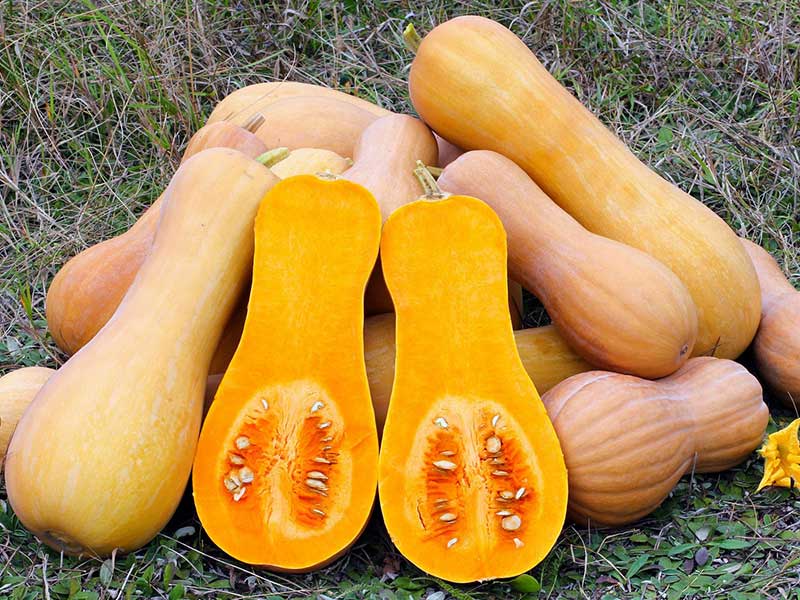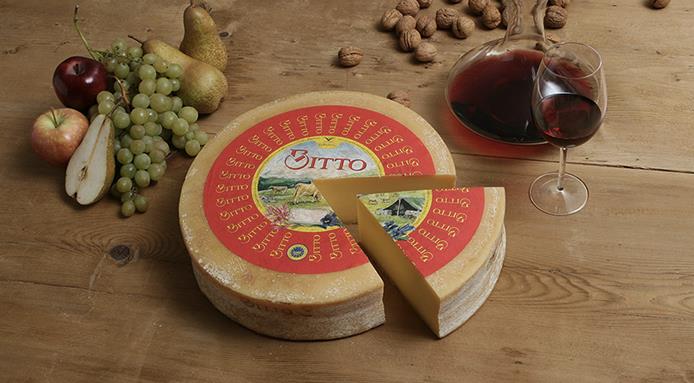In the winding lanes of Athens or the tranquil villages sprinkled across the Greek Islands, the aroma of Greek coffee wafts through the air, signaling a tradition that runs deep in the culture of Greece. This tiny cup of coffee, served in an almost ritualistic manner, is more than just a caffeinated beverage; it’s a symbol of hospitality, conversation, and even political history.
Originally known as Turkish coffee, this aromatic delight was rebranded as “Greek coffee” during a period of tension between Greece and Turkey in the 1960s. This renaming was not just a mere marketing ploy but a declaration of national identity and cultural ownership. The same brew is also known as Arabic, Cypriot, or Armenian coffee, depending on who is savoring it, yet the Greeks have firmly made it a part of their own cultural narrative.
What sets Greek coffee apart is its rich aroma and the presence of “kaimaki,” a creamy froth that forms at the top when it’s brewed to perfection. Achieving the kaimaki is considered the hallmark of a well-prepared cup and it requires a particular cooking method. The coffee is brewed in a special small pot known as a “briki,” which is designed to encourage the kaimaki to form. The coffee is finely ground, almost to a powder, which allows it to fully absorb the water, enhancing its flavor.
Served in small cups, often accompanied by a loukoumi (Turkish delight) or a spoonful of sweet preserves, Greek coffee is an invitation to pause and savor life. Consumed slowly, it allows time for conversation and reflection, offering a momentary escape from the hustle and bustle of life. It’s not merely about the intake of caffeine but a comprehensive experience that engages all senses.
So the next time you find yourself in Greece, don’t miss the opportunity to experience this rich and complex tradition. Regardless of the season or the time of day, a cup of Greek coffee is always a good idea. It’s not just a drink; it’s a cupful of Greek history, culture, and hospitality.













